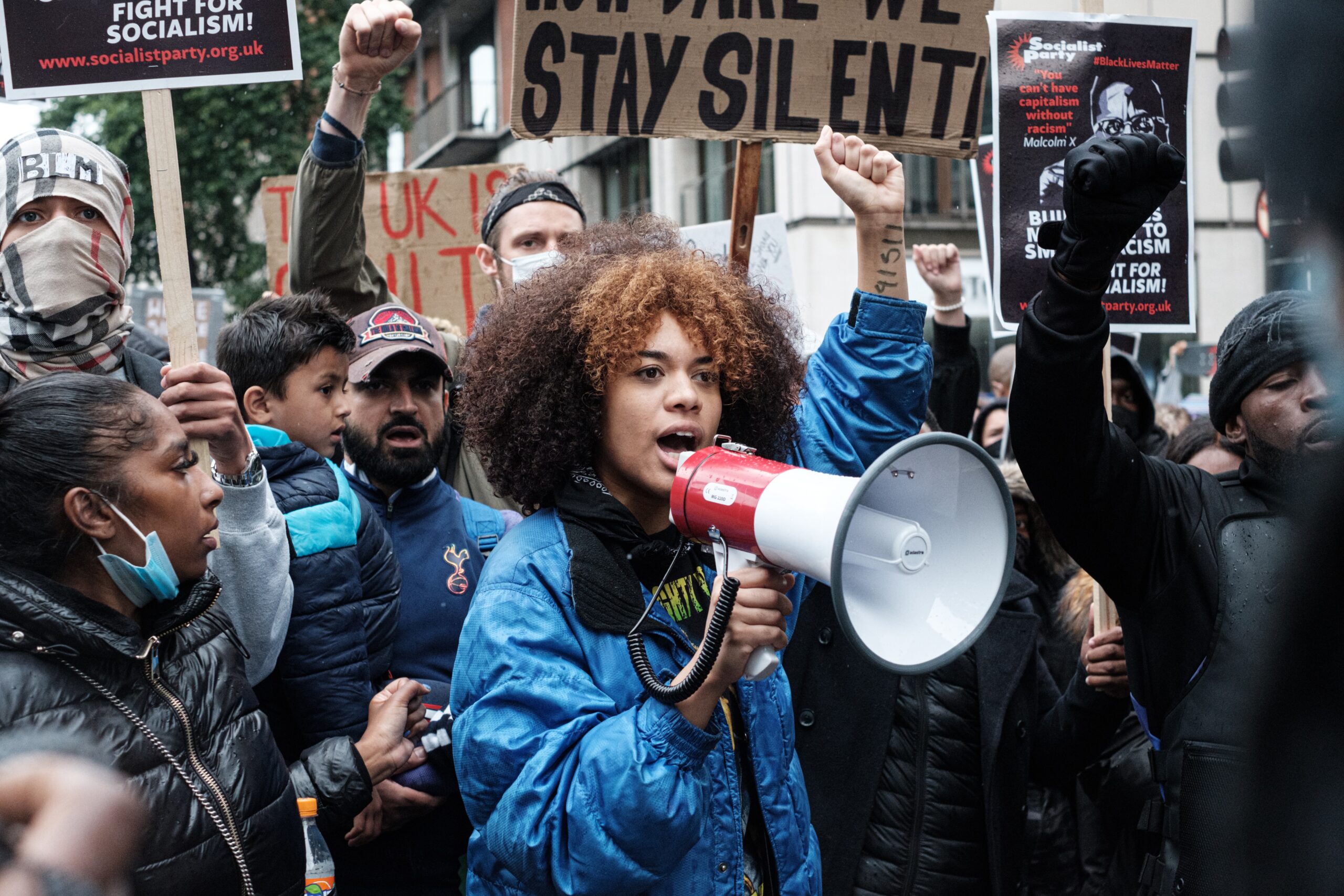


#Environmental Justice #equity #Social Justice
Nefertari Bilal
Without social justice, there can be no environmental movement that is truly inclusive, sustainable, and transformative.
According to the EPA Environmental Justice means:
Globally these justice issues are quite complex as developing nations are often dealing with effects of climate change caused by wealthy nations. The United States has the highest per capita carbon emissions, even though China has the highest overall emissions, each causing serious global impacts. Nations in the global south have demanded reparations and some face terrible fates from predicted sea level rise or other factors– that they did not cause by their own actions.
Today, all communities are being impacted by climate change issues in varying degrees. As everyone equally requires things like clean water and healthy food, a sense of “belonging” and acceptance, safety and security, etc. these shared needs connect both social and environmental justice in what can be considered common values.
The environmental movement has historically excluded marginalized groups such as people of color, the disabled, and individuals living in low-income communities.